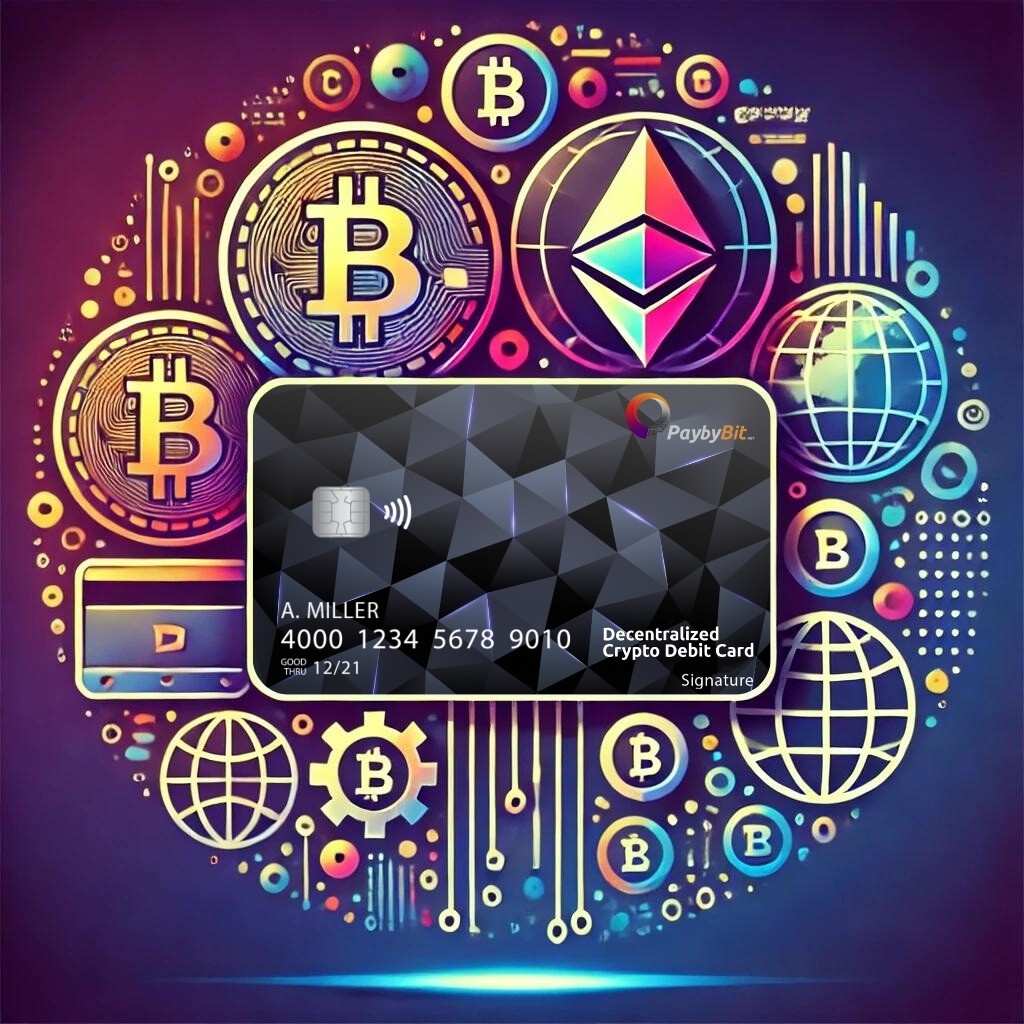Decentralized Finance (DeFi): The Future of Financial Services
Saturday, August 10, 2024
Decentralized Finance, commonly known as DeFi, is revolutionizing the financial industry by providing decentralized, open-source financial services that operate without traditional intermediaries like banks. This rapidly growing sector leverages blockchain technology to create a transparent and accessible financial ecosystem. This article explores the fundamentals of DeFi, its benefits, challenges, and potential impact on the future of financial services.
Understanding Decentralized Finance (DeFi)
DeFi refers to a suite of financial services built on blockchain networks, primarily Ethereum. These services include lending, borrowing, trading, and investing in digital assets without relying on centralized financial institutions. Instead, DeFi platforms use smart contracts—self-executing contracts with the terms of the agreement directly written into code—to automate and enforce transactions.
Key components of the DeFi ecosystem include:
Decentralized Exchanges (DEXs): DEXs allow users to trade cryptocurrencies directly with one another without intermediaries. Examples include Uniswap, Sushiswap, and PancakeSwap.
Lending and Borrowing Platforms: DeFi lending platforms enable users to lend their digital assets to others in exchange for interest. Borrowers can secure loans by providing collateral. Examples include Aave, Compound, and MakerDAO.
Stablecoins: Stablecoins are cryptocurrencies pegged to a stable asset, such as the US dollar, to reduce volatility. Examples include DAI, USDC, and Tether.
Yield Farming and Liquidity Mining: These strategies involve providing liquidity to DeFi platforms in exchange for rewards, often in the form of additional tokens.
Benefits of DeFi
Accessibility: DeFi opens up financial services to anyone with an internet connection, regardless of their location or socio-economic status. This inclusivity is particularly beneficial in regions with limited access to traditional banking services.
Transparency: Transactions on DeFi platforms are recorded on public blockchains, ensuring transparency and reducing the risk of fraud. Users can verify transactions and audit the platform’s operations in real-time.
Cost-Effectiveness: By eliminating intermediaries, DeFi reduces transaction costs and processing times. This efficiency makes financial services more affordable and accessible to a broader audience.
Control and Ownership: DeFi users retain full control and ownership of their assets. They can manage their finances without relying on third parties, reducing the risk of censorship or confiscation.
Challenges of DeFi
Despite its numerous advantages, DeFi faces several challenges that need to be addressed to achieve mainstream adoption:
Security Risks: The use of smart contracts introduces potential vulnerabilities. Bugs or flaws in the code can be exploited by malicious actors, leading to significant financial losses. Regular audits and robust security measures are essential to mitigate these risks.
Regulatory Uncertainty: The regulatory landscape for DeFi is still evolving. Governments and regulators are grappling with how to oversee these decentralized platforms, leading to uncertainty and potential compliance issues for users and developers.
Scalability: Current blockchain networks, particularly Ethereum, face scalability challenges that limit the speed and efficiency of transactions. Solutions such as Layer-2 scaling and the transition to Ethereum 2.0 aim to address these issues.
User Experience: The complexity of using DeFi platforms can be a barrier for mainstream adoption. Improving the user interface and experience is crucial to make DeFi more accessible to non-technical users.
The Future of DeFi
The DeFi sector is poised for significant growth and innovation. As technology advances and regulatory frameworks become clearer, DeFi has the potential to transform the financial industry in several ways:
Financial Inclusion: DeFi can provide financial services to billions of unbanked and underbanked individuals worldwide, promoting economic growth and reducing poverty.
Innovative Financial Products: The flexibility of smart contracts allows for the creation of innovative financial products and services that are not feasible within traditional financial systems. This innovation can lead to more efficient and personalized financial solutions.
Interoperability: Increased interoperability between different blockchain networks can enhance the efficiency and reach of DeFi platforms, creating a more cohesive and integrated financial ecosystem.
Institutional Adoption: As DeFi matures, institutional investors and traditional financial institutions may increasingly adopt decentralized financial services, bridging the gap between centralized and decentralized finance.
Conclusion
Decentralized Finance represents a paradigm shift in the financial industry, offering a more inclusive, transparent, and efficient alternative to traditional financial services. While challenges remain, the potential benefits of DeFi are substantial. PaybyBit is committed to exploring and integrating DeFi solutions to provide innovative financial services that meet the evolving needs of our users. By embracing the future of finance, we aim to empower individuals and businesses to take control of their financial destinies.
Source:
Finance Magnates, "Biggest Payment Innovations to Disrupt the Industry in 2024"
https://www.financemagnates.com/thought-leadership/biggest-payment-innovations-to-disrupt-the-industry-in-2024/CoinDesk, "Crypto 2024: The Year Ahead"
https://www.coindesk.com/policy/2023/12/18/crypto-2024-the-year-ahead/




